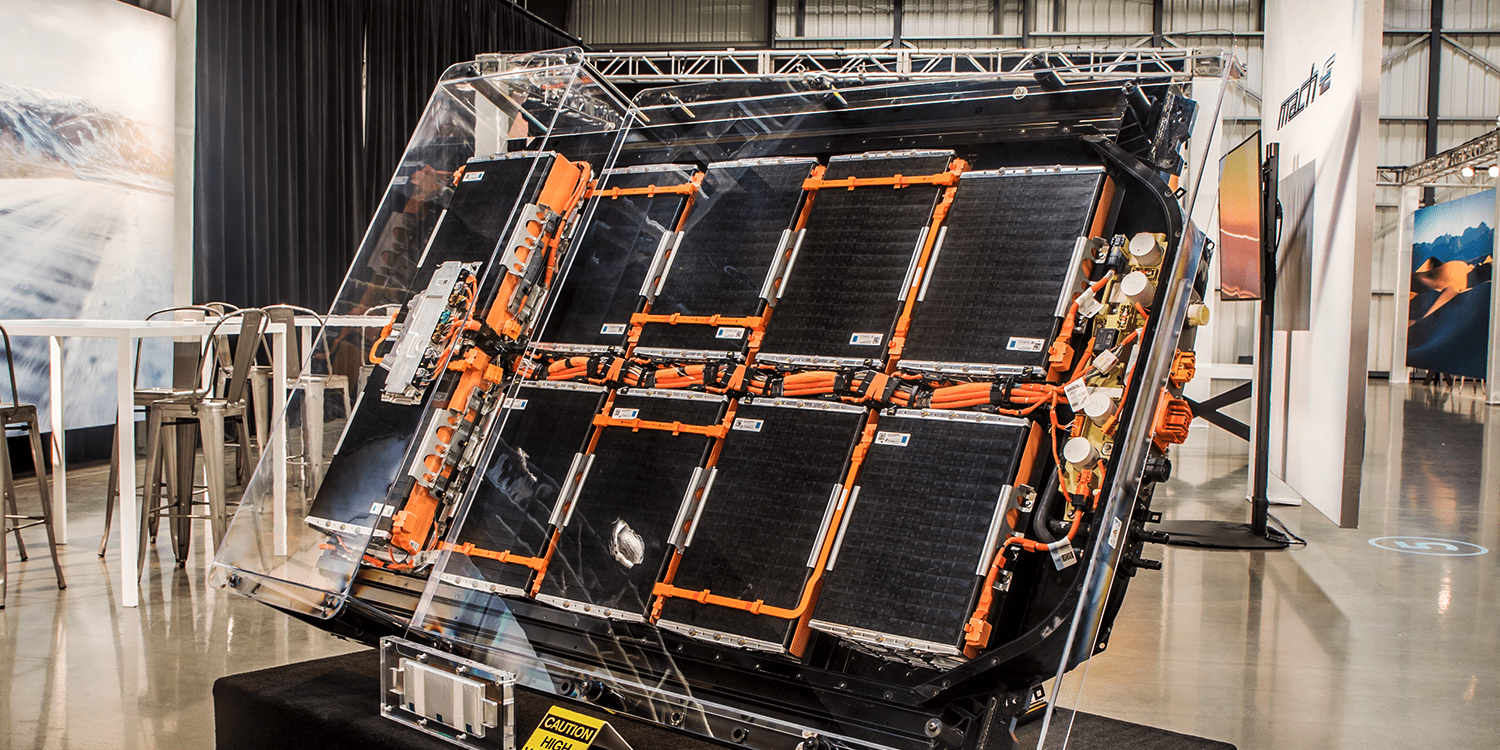
California funds 2nd-life project for microgrids
The California Energy Commission has granted funding of around 2.6 million euros to CleanSpark and ReJoule. The companies will use the funds to advance their research into the second-life of batteries, the latter delivered by Ford.
ReJoule specializes in battery diagnosis and optimization. CleanSpark offers software and services for energy management systems and solutions for microgrids. The two companies are to work with other partners, among them Ford, to validate how used batteries can be integrated cost-effectively into small and medium-sized commercial buildings.
On top, they want to combine the 2nd-life application with solar energy, thus creating a microgrid in the buildings. As usual, second-life use of spent electric car batteries is intended to extend their service life and thus reduce the need for and extraction of rare raw materials. However, the companies assess: “While there are a variety of tests and grading methods, there has been limited success to reliably, and cost-effectively test and grade used batteries for second-life applications.”
The partners’ approach: With ReJoule’s know-how, it should be possible to analyze the batteries more precisely to be able to estimate the remaining life of the cells more accurately without extensive testing. The used EV battery modules will be provided by Ford, initially mainly batteries from test carriers. ReJoule can also use the Ford Greenfield Lab in Palo Alto.
The systems covered by the grant will be deployed at two locations, Lucky Cat Labs, an artist’s studio located in Los Angeles, California, and a Housing and Training centre for the Homeless, located in Santa Ana, California. The grant will run over 30 months.

